Regulating higher education: 140 varsities, colleges illegal
HEC says many major universities across the country fail to meet basic standards.
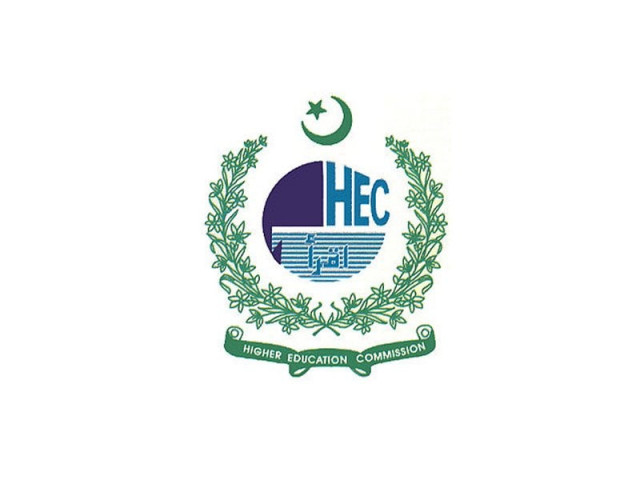
HEC Chairperson Dr Mukhtar Ahmad said the commission will take action against all institutes offering unapproved degree programmes. He said the emerging trend of online education also needed to be checked. PHOTO: HEC.GOV.PK
Unapproved universities and colleges are on the rise with the current figure standing at 140 across the country.
Under the rules, a no objection certificate from the Higher Education Commission (HEC) is required to establish a degree awarding institute. Upon receiving the request, HEC sends a team to the campus to check whether the institute fulfills criteria vis-à-vis faculty, laboratories and other requirements.
But a number of institutes are flouting rules and churning out ‘graduates’ without the HEC’s approval.
The list of 140 illegal universities and colleges prepared by the HEC and available with The Express Tribune also includes many foreign institutes.
The list has varsities and campuses located across Pakistan and Azad Jammu and Kashmir (AJK). Most of the unapproved campuses are situated in Karachi and Punjab though.
There are four universities In Islamabad for which the last parliament passed bills in haste when the PPP-led coalition government was about to complete its tenure. These four varsities, which have yet to start working, have not been approved by the HEC. They include: My University, Dar-ul-Madina International University, South Asian Strategic Institute University, and Capital University.
Rawalpindi’s College of IT and University College — both situated on the 6th Road — are also on the list.
Shaheed Benazir Bhutto University of Veterinary and Animal Sciences in Benazirabad district, Nankana’s Baba Guru Nanak University, Multan’s Muhammad Nawaz Sharif University of Agriculture, and Karachi’s Habib University Foundation are also among the unapproved institutes.
The HEC has been issuing public notices in the newspapers, warning parents and students against taking admission at the unapproved varsities.
Most of the ‘illegal’ institutes do not meet the laboratory, faculty and building requirements.
HEC monitoring teams recently visited over 13 universities and, according to sources, found all the campuses violating the rules with insufficient faculty and poor infrastructure. Some of these have been served warnings, a few told to meet faculty and other requirements within a specific period.
An HEC official said that a few varsities have been told to stop the PhD programmes because of insufficient faculty.
Another official said that action was on the cards against many campuses running MS and MPhil programmes without having fulfilled the requirements.
The rules require at least two relevant full-time PhD faculty members in the department to start MPhil, MS, MBA programmes while there should be at least three relevant full-time PhD faculty members in a department to launch the PhD programme.
Besides, the HEC has also been perturbed over the public-sector universities starting new campuses — directly or through franchises — without obtaining NOCs.
The unfinished work of devolution of the higher education to provinces has also made it easy to flout the rules.
HEC Chairperson Dr Mukhtar Ahmad said the commission will take action against all institutes offering unapproved degree programmes. He said the emerging trend of online education also needed to be checked.
The chairperson added that HEC will launch a comprehensive drive against the violators after obtaining government approval.
Published in The Express Tribune, January 13th, 2015.


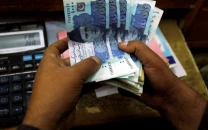


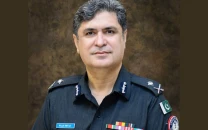





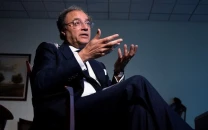
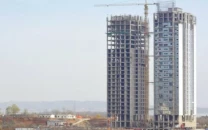






COMMENTS
Comments are moderated and generally will be posted if they are on-topic and not abusive.
For more information, please see our Comments FAQ